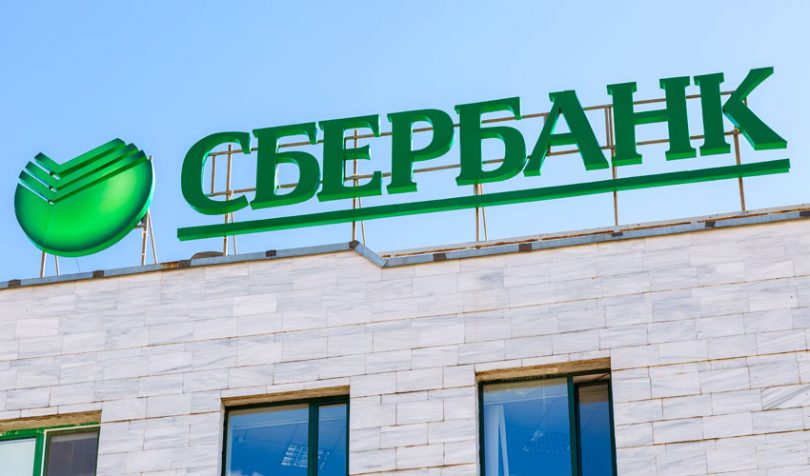Last week Russia’s Sberbank announced it completed a pilot blockchain transaction with Singapore commodities company Trafigura. The distributed ledger technology (DLT) was used for the supply of West Siberian oil.
Acting as a forfaiter, Sberbank bought receivables that are owed to Trafigura from a Turkish buyer. The blockchain transaction was carried out using the Hyperledger Fabric platform, which recorded the date, duration of the transaction, scope of delivery, product characteristics and the financial terms of the original trade. Sberbank and Trafigura monitored the process with an online portal.
There is credit risk involved in cross-border dealings, which blockchain aims to eliminate with transparency in the transaction and greater confidence in supporting documentation. Blockchain enables banks to reduce operational risks and cut down on the time for approval of documents. The technology also eliminates manual inputs required in different phases of a transaction.
“Currently, transaction processing is accompanied by manual processing and transfer of all documents from Trafigura to the bank. In our pilot, the blockchain captures every step of the transaction — a request for the repayment of a debt, consideration of an application at a bank, sending a proposal from a bank, confirmation of conditions from Trafigura, make a deal,” said Alexander Vedyakhin, First Deputy Chairman of the Management Board of Sberbank.
Vedyakhin added that the process which takes nearly a day was completed within an hour. “I believe that such transactions using blockchain technology are the ideal solution for a business that makes transactions with a large number of participants,” he said.
This is not the only application of blockchain from Sberbank. Last year it arranged for a RUB 750 million ($11.4 million) bond on Russia’s National Settlement Depository’s (NSD) blockchain. Sberbank said it is contemplating onboarding more partners for using its trade finance blockchain, with plans to use the DLT in other trade finance operations.
As for Singapore-based Trafigura, which is one of the largest trading houses operating in the US, it also previously dipped its toes into the blockchain space. Two years ago it partnered with French bank Natixis to run blockchain simulations for trade finance oil dealings in the US.
Trafigura is also thought to be using the blockchain-based trade finance platform komgo. Komgo is backed by 15 of the world’s largest banking and commodity companies.







